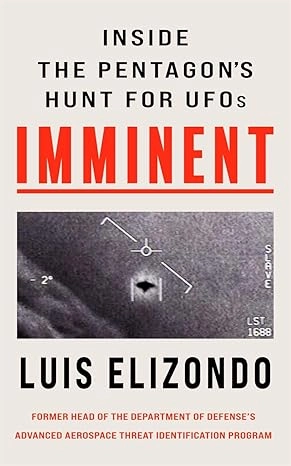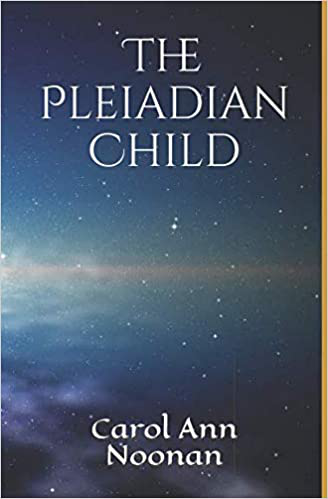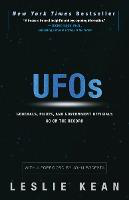WHO Declares Mpox Outbreaks in Africa a Global Emergency
Science/Medical/Technology
Wednesday 14th, August 2024
3 minute read.
The World Health Organization (WHO) has declared the mpox outbreaks across Africa a global emergency, citing a dramatic rise in cases and fatalities, particularly in the Democratic Republic of Congo. This declaration reflects the urgent need for international cooperation to contain the virus, which is spreading rapidly across the continent.
The Africa Centres for Disease Control and Prevention (Africa CDC) had earlier identified the mpox outbreak as a public health emergency. The virus has led to more than 14,000 confirmed cases and 524 deaths, with over 96% of these reported in Congo alone. Compared to the same period last year, cases have surged by 160%, while deaths have increased by 19%.
Mpox, also known as monkeypox, has now been detected in 13 African countries. WHO Director-General Tedros Adhanom Ghebreyesus warned, "This is something that should concern us all... The potential for further spread beyond Africa and beyond is very worrying".
Salim Abdool Karim, an infectious diseases expert who chairs the Africa CDC emergency group, highlighted the severity of the outbreak, noting that a new form of mpox originating in Congo appears to have a death rate of around 3-4%. This is significantly higher than the less deadly strain that spread globally in 2022, which had a mortality rate of less than 1%.
Officials are particularly concerned about the spread of the virus in conflict zones and refugee camps in eastern Congo, where healthcare resources are already stretched thin. Jacques Alonda, an epidemiologist working in Congo, shared a distressing account: "The worst case I’ve seen is that of a six-week-old baby who was just two weeks old when he contracted mpox".
In response to the crisis, Congo has requested 4 million doses of the mpox vaccine, with pledges of assistance from countries like the United States and Japan. These vaccines are expected to be primarily used for children under 18, who have been disproportionately affected by the outbreak, accounting for 70% of cases and 85% of deaths in Congo.
Michael Marks, a professor at the London School of Hygiene and Tropical Medicine, supported the WHO's decision to declare the outbreak a global emergency, saying, "It’s a failure of the global community that things had to get this bad to release the resources needed." Marks also suggested that in the absence of dedicated mpox vaccines, authorities could consider using smallpox vaccines, which are related and may offer some protection.
Despite the urgency of the situation, there is concern that the global response may fall short, as seen during previous emergency declarations by WHO. Dr. Boghuma Titanji, an infectious diseases expert at Emory University, cautioned, "The world has a real opportunity here to act in a decisive manner and not repeat past mistakes, (but) that will take more than an (emergency) declaration."
The WHO’s emergency designation aims to prompt a swift and robust international response, including the provision of medical supplies, vaccines, and financial support. The coming weeks will be critical in determining whether the global community can come together to prevent the further spread of this deadly virus.
The Africa Centres for Disease Control and Prevention (Africa CDC) had earlier identified the mpox outbreak as a public health emergency. The virus has led to more than 14,000 confirmed cases and 524 deaths, with over 96% of these reported in Congo alone. Compared to the same period last year, cases have surged by 160%, while deaths have increased by 19%.
Mpox, also known as monkeypox, has now been detected in 13 African countries. WHO Director-General Tedros Adhanom Ghebreyesus warned, "This is something that should concern us all... The potential for further spread beyond Africa and beyond is very worrying".
Salim Abdool Karim, an infectious diseases expert who chairs the Africa CDC emergency group, highlighted the severity of the outbreak, noting that a new form of mpox originating in Congo appears to have a death rate of around 3-4%. This is significantly higher than the less deadly strain that spread globally in 2022, which had a mortality rate of less than 1%.
Officials are particularly concerned about the spread of the virus in conflict zones and refugee camps in eastern Congo, where healthcare resources are already stretched thin. Jacques Alonda, an epidemiologist working in Congo, shared a distressing account: "The worst case I’ve seen is that of a six-week-old baby who was just two weeks old when he contracted mpox".
In response to the crisis, Congo has requested 4 million doses of the mpox vaccine, with pledges of assistance from countries like the United States and Japan. These vaccines are expected to be primarily used for children under 18, who have been disproportionately affected by the outbreak, accounting for 70% of cases and 85% of deaths in Congo.
Michael Marks, a professor at the London School of Hygiene and Tropical Medicine, supported the WHO's decision to declare the outbreak a global emergency, saying, "It’s a failure of the global community that things had to get this bad to release the resources needed." Marks also suggested that in the absence of dedicated mpox vaccines, authorities could consider using smallpox vaccines, which are related and may offer some protection.
Despite the urgency of the situation, there is concern that the global response may fall short, as seen during previous emergency declarations by WHO. Dr. Boghuma Titanji, an infectious diseases expert at Emory University, cautioned, "The world has a real opportunity here to act in a decisive manner and not repeat past mistakes, (but) that will take more than an (emergency) declaration."
The WHO’s emergency designation aims to prompt a swift and robust international response, including the provision of medical supplies, vaccines, and financial support. The coming weeks will be critical in determining whether the global community can come together to prevent the further spread of this deadly virus.



